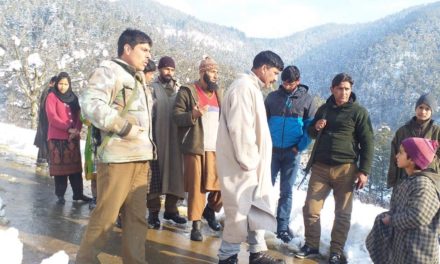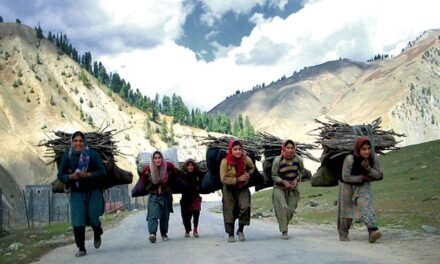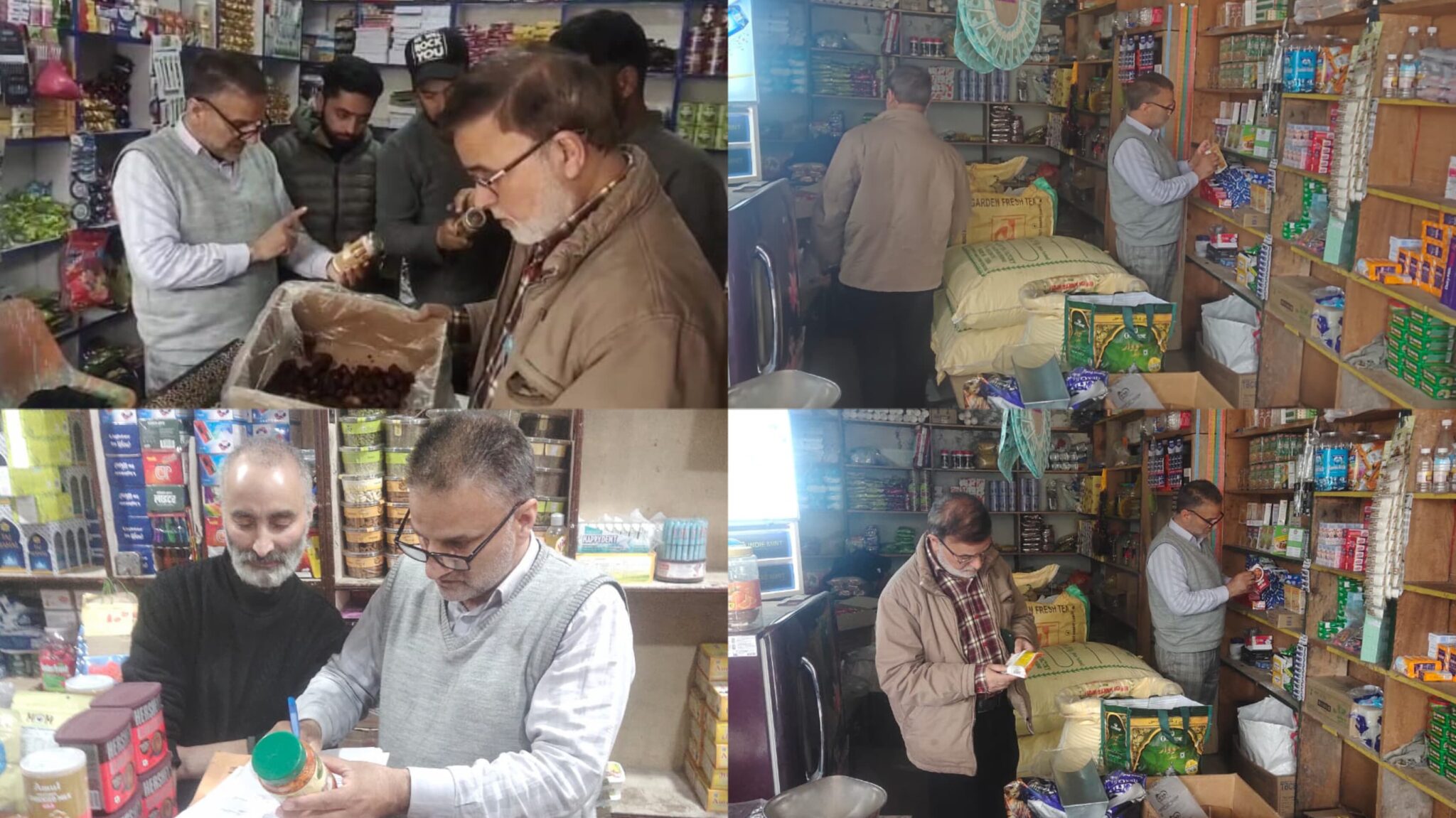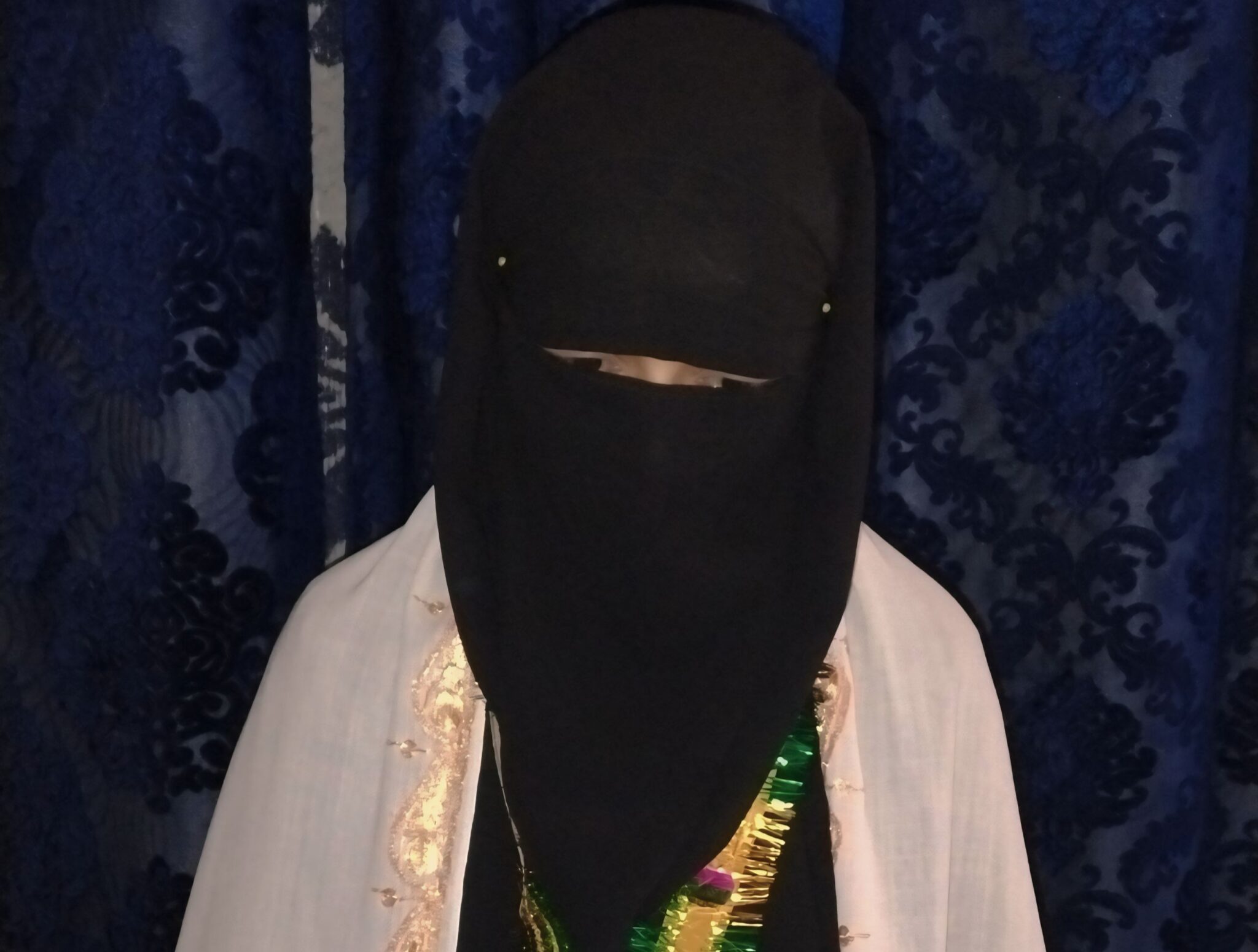![]()
“New Covid-19 strain is knocking on our door. We need to be prepared and alert,”
KNZ NEWS DESK
Srinagar, Dec 30: With India reporting twenty cases of new Covid-19 strain so far, Doctors Association Kashmir (DAK) today sounded alert and has urged health authorities in Kashmir to prepare for the potential spread of the variant in the valley.
“New Covid-19 strain is knocking on our door. We need to be prepared and alert,” said DAK President and influenza expert Dr Nisar ul Hassan.
“The new variant is on the move and it can sneak in anytime,” he said.
“We have to prepare in advance to deal with the virus. Advance planning and preparedness is critical to help mitigate the impact of any eventuality.”
“We need to intensify surveillance activities and gear up hospitals to prevent an outbreak,” Dr Nisar said.
“The best way to prevent the virus is to stop it from coming in as once the virus enters the community it is difficult to control it.”
He said twenty people who returned to India from the UK recently have tested positive for the new mutated strain.
The variant – called VUI-202012/01 carries multiple mutations in the spike protein that the virus uses to enter human body cells.
The mutant that was first reported in UK has moved to a number of other countries prompting more than 50 countries including India to impose travel ban on the UK.
“The new strain is more infectious than the original virus. It is reported to be 70 percent more contagious than the existing strain,” Dr Nisar said.
“The new variant has wreaked havoc in UK and is responsible for the surge of new Covid-19 cases in the country.”
“At the moment, it seems the symptoms of the new strain are the same as the earlier one,” he said.
“Apart from cough and fever, other symptoms that are reported in persons affected by the new virus include fatigue, muscle pain, headache, loss of appetite, diarrhea and mental confusion.”
“The new variant spreads through the same old ways. It spreads between people through respiratory droplets when an infected person coughs, sneezes or speaks,” said Dr Nisar.
“This means that wearing a mask, following hand hygiene and maintaining physical distance remain the principal ways to avoid getting infection from the new variant,” he said.

























